The Pros and Cons of Choosing WordPress as Your Next Enterprise CMS
WordPress started out as a blogging platform when it was first introduced in 2003. From then until now, it has become the biggest content management system (CMS) that people use today.
In fact, a report by W3Techs states that 43.2% of all websites on the internet operate on WordPress. Such an overwhelming statistic simply goes to show how prevalent the platform is in today’s digital world.
Many experts recommend choosing WordPress as an enterprise CMS for an array of reasons. Before you decide to invest in it, though, it’s important to consider the negative aspects as well. In this post, we will explore both the pros and cons so you can make an informed decision.

Pros of Using WordPress for Enterprise Websites
Before we discuss the drawbacks of using WordPress, we’ll first tackle the pros that come with it. These are the primary advantages that you should expect when using the CMS:
Mobile-Friendly Content Management System
Mobile-responsive websites are now considered a priority when it comes to Google rankings. This is especially the case now considering that 6 billion individuals are now using smartphones globally.
When you choose WordPress for your enterprise website, you can leverage themes and admin tools that are mobile-friendly by default. This means that sites developed using the platform are compatible with mobile devices straightaway without requiring extra plugins or code.
Additionally, you can create your own mobile-friendly themes through the many responsive frameworks they have available.
Access to Numerous Third-Party Plugins
Besides its built-in compatibility with mobile devices, WordPress is also known for its third-party plugins. Website developers can browse and obtain a wide range of plugins through their official repository. In fact, there are thousands of plugins that are free and ready to use.
These free plugins are usually ideal for small teams or those looking to give WordPress a try, but they also offer an excellent introduction on what’s the best fit for enterprise websites. Once you’ve used a free version of a plugin, you can move on to a paid alternative with more features knowing that it’s a good fit.
Furthermore, many of these plugins are developed by professionals and come with dedicated support, constant updates, and helpful tutorials.
Support for Multilingual and Multisite Requirements
Many enterprises today operate several websites to cater to their international audiences. It’s also possible to have many sites under the same brand.
With that said, WordPress is one of the best website development platforms if you’re looking for multisite support. Companies can manage all of their websites on the CMS alone, which can help save on server resources, time, and additional expenses.
Additionally, WordPress offers multilingual capability so that even those who don’t understand English can interact with your website. Plugins such as Polylang allow site visitors to choose the language they desire for their convenience.
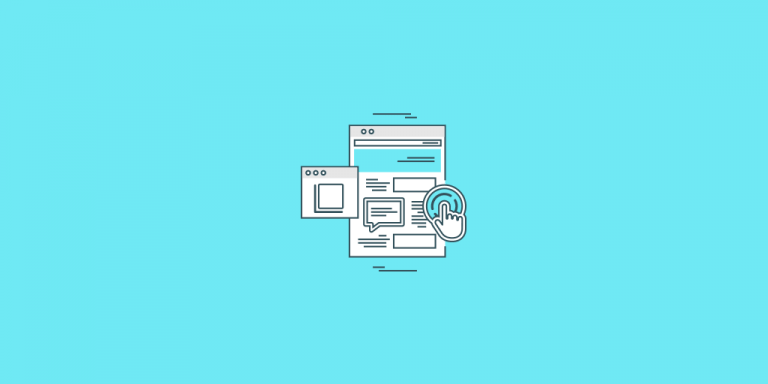
Cons of Using WordPress for Enterprise Websites
Now that we’ve discussed the positive aspects of using WordPress, it’s also important to look into the cons of choosing the platform for your enterprise website. Here are a few things to consider:
Constant Need to Update the Platform
Perhaps the biggest disadvantage of using WordPress as your choice for building enterprise CMS websites is the need to constantly update it. Developers of premium WordPress themes are constantly trying to improve their products and do so through updates.
These updates play a crucial role in ensuring websites that use them are safe from potential exploits. However, there are times when an update can result in minor errors to a site, which can be a hassle to deal with.
Requires Numerous Plugins to Get Additional Features
Themes are easy to install and manage with WordPress as you simply need to set them up correctly for them to work. However, that’s not the only feature an enterprise CMS website should have. If you need to add additional functionality, you’ll need to resort to using plugins.
For instance, there are separate plugins for SEO, e-commerce, and marketing available on the platform. Some of these plugins can be used for free but many of them require payment.
Installing and managing all of these plugins just to get the necessary functions you need for your site can be time-consuming and troublesome in the long run.
Vulnerable to Threats Due to Its Prevalence
Given how popular WordPress is as a content management system, it doesn’t come as a surprise why countless malicious individuals attempt to hack and exploit websites that use the platform. Although all websites are susceptible to online threats, those that use WordPress have a higher risk of facing them.
For those operating e-commerce and payment gateways, there’s a possibility that hackers will try to break into your database to steal personal customer information. Meanwhile, those with blogs and comments sections can easily be a target for spam activity.
When website vulnerabilities are exploited and made public, potential customers and existing clients will lose trust in brands. The good news is that there is also a plethora of security plugins available for WordPress users to install.
Conclusion
WordPress is truly one of the best content management systems today that people can use to develop and run their enterprise websites. That’s why almost half of all sites that are operational are using the platform. Being mobile-responsive, offering access to numerous plugins, and providing multilanguage support are just some of the primary advantages that it offers.
However, WordPress also comes with its own drawbacks. The constant need to update its plugins and vulnerability to digital threats are key considerations that enterprises should take seriously.


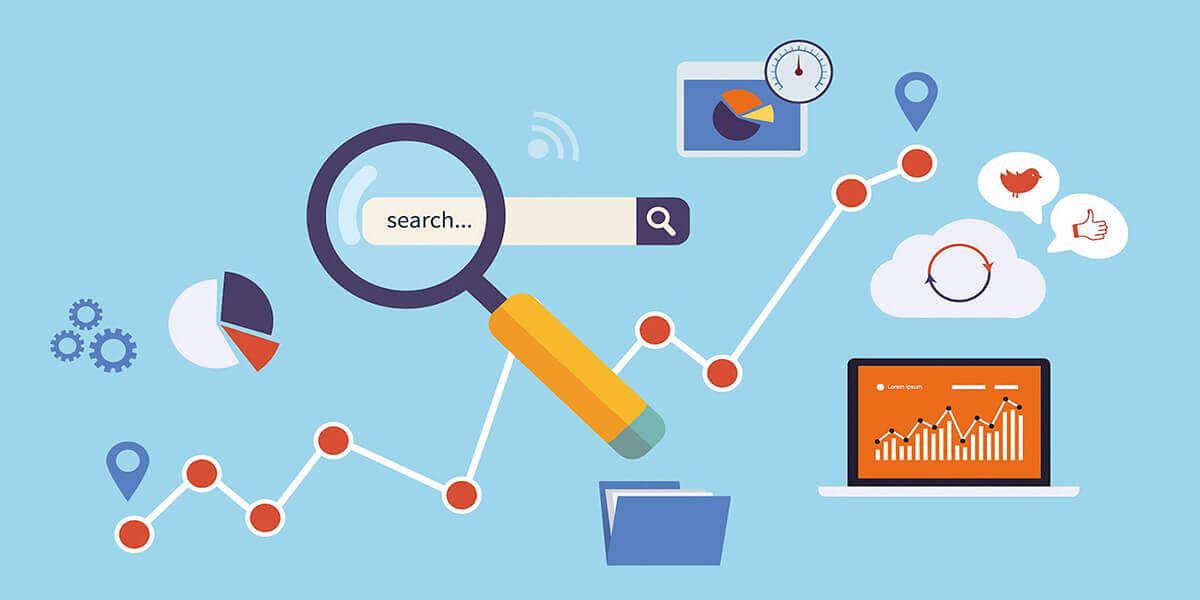
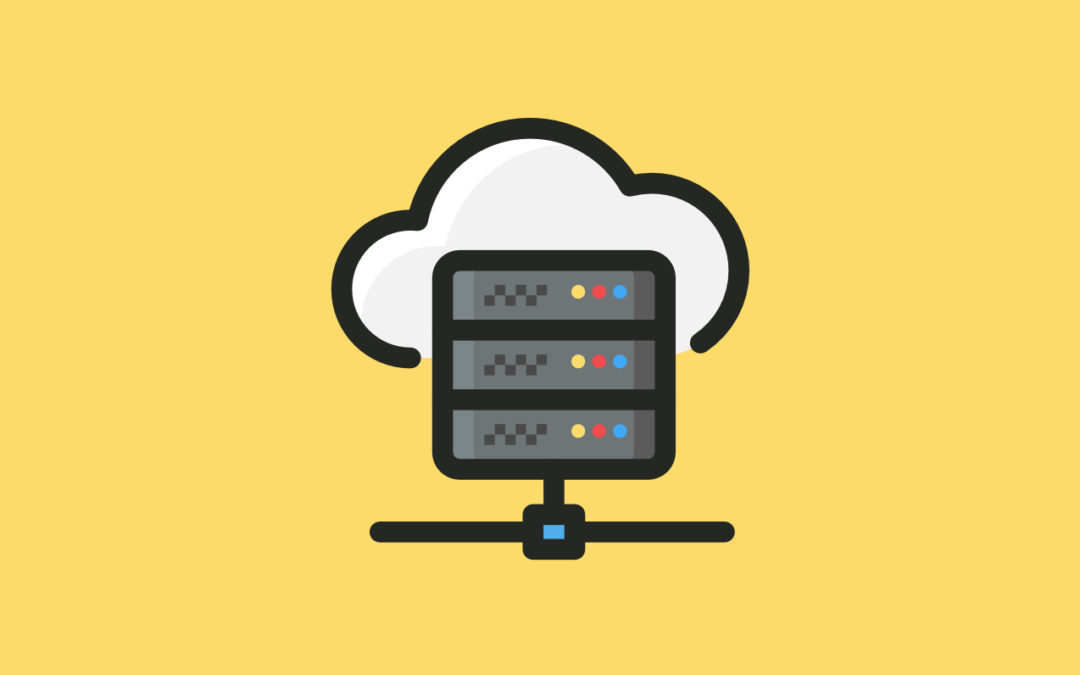
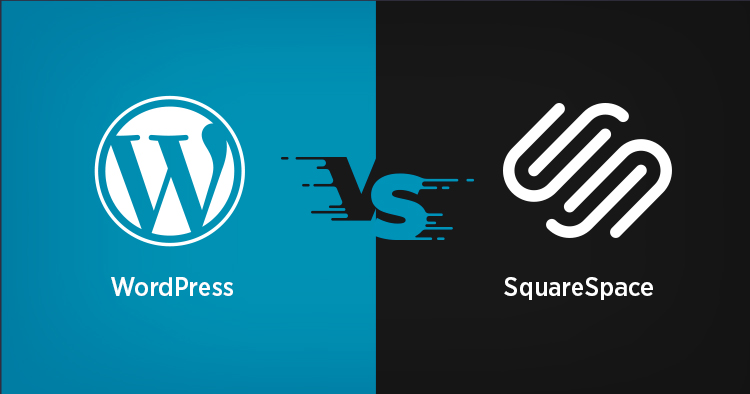
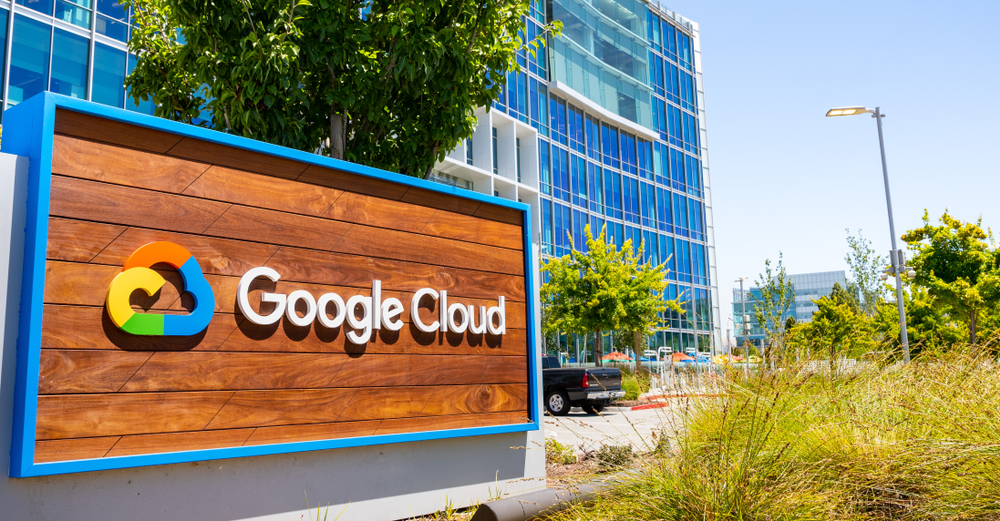

0 Comments